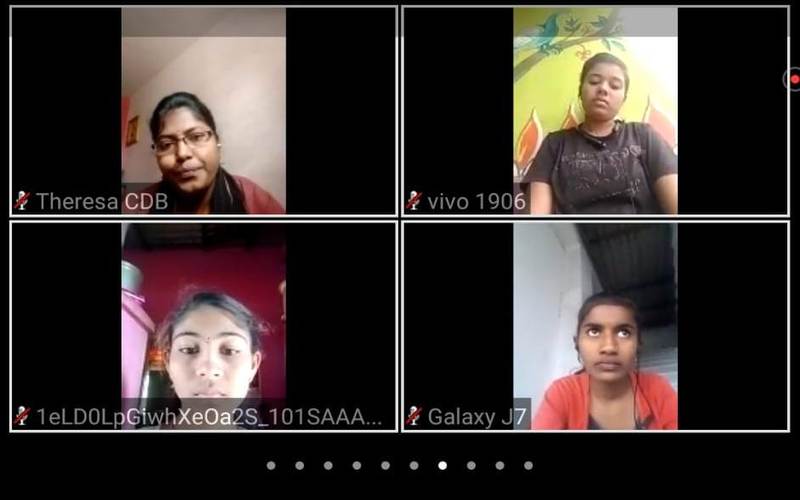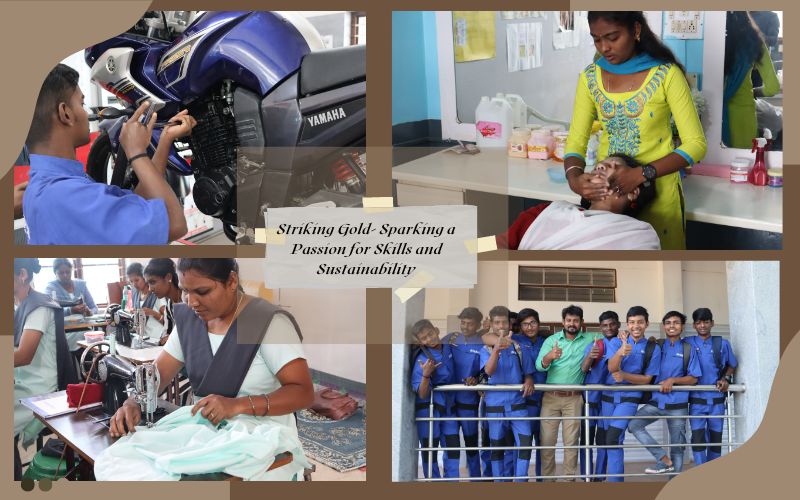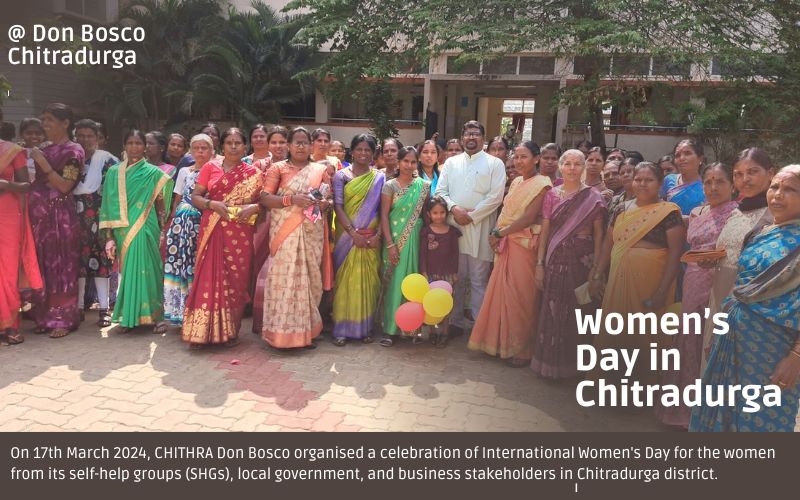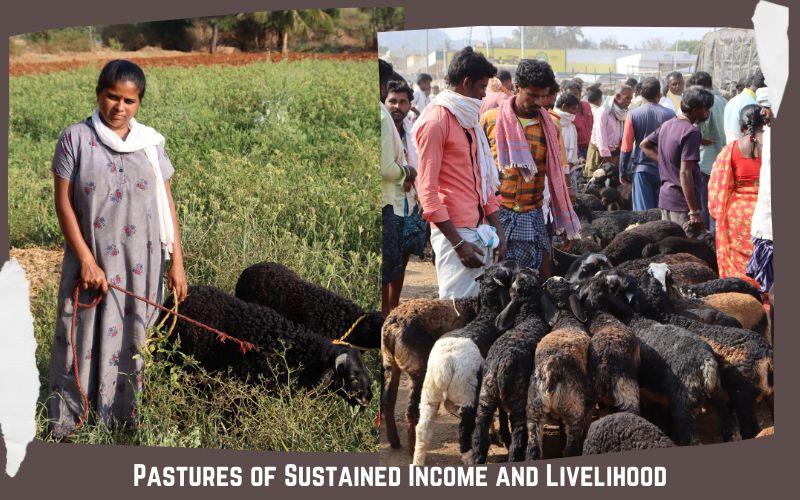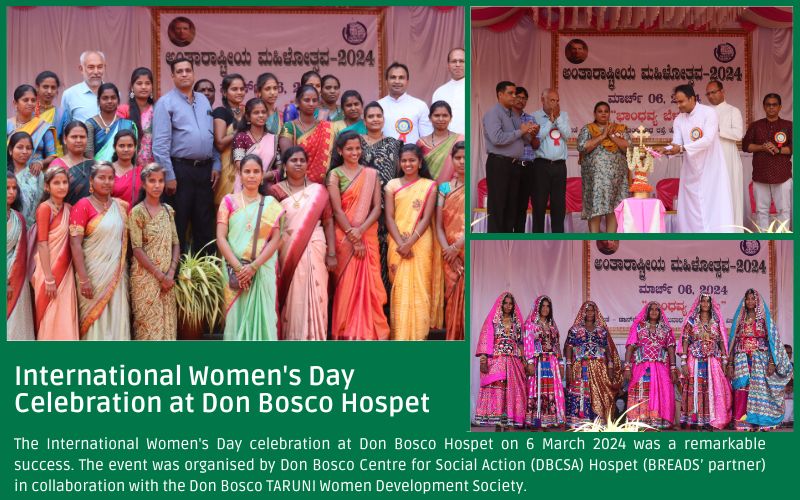The Government of India Gazette of 4 June 2020 announced a task force to examine matters pertaining to the age of motherhood, imperatives of lowering maternal mortality rates, improvement of nutrition, correlations between age of marriage and motherhood with health, medical wellbeing and nutritional status of mother and neonate/infant/child during pregnancy, birth and thereafter. A study of key parameters such as Infant Mortality Rate (IMR), Maternal Mortality Rate (MMR), Total Fertility Rate (TFR), Sex Ration at Birth (SRB) and Child Sex Ratio (CSR) to be performed to suggest measures for promoting higher education among women. The government proposes to increase the marriageable age of girls to 21 years in consultation with the Task Force. Responding to the issue, civil organisations working with children have submitted a memorandum to the Task Force to take up wider consultations with children and adolescents before deciding upon 21 years as the marriageable age for girls in India.
With regard to this, The Concerned for Working Children (CWC) in partnership with BREADS and other civil organisations organised a Karnataka-level consultation and webinar on 10 July 2020 with children and adolescents, on the issue of gender empowerment and the increasing of the marriageable age of girls to 21 years by the central government. A total of 41 children representing 14 districts of Karnataka and other organisations such as Association for Promoting Social Action (APSA), Child Rights Trust (CRT) participated in the consultation moderated by Ms. Kavita Ratna, Director, The Concerned for Working Children. Twenty Child Rights Clubs representatives from the BREADS’ CREAM programme in 10 districts in Karnataka took part in the webinar.
The child participants raised incredible insights and voices about the proposed amendment in the context of their socioeconomic, cultural and geographical backgrounds. They were not convinced about the impact of a higher marriageable age against the existence and reasons of child marriage in the community. They expressed concerns whether a marriageable age of 21 would create supportive situations or create new challenges for girls against a cultural context where girls are seen as a burden to be disposed of at the earliest. They instead advocated the improvement of health, higher education of girls, economic security, and importantly, changing the mindset of parents and communities towards girls. Another point they discussed was the impact of an older marriageable age of girls on their health and safety especially in the context of COVID 19.
The Concerned for Working Children will consolidate the responses of the participants into a report to be submitted to the Task Force.
-
Striking Gold- Sparking a Passion for Skills and Sustainability
The vocational skilling programme for marginalised youth began o
-
Women’s Day in Chitradurga
On 17th March 2024, CHITHRA Don Bosco organised a celebration of
-
Pastures of Sustained Income and Livelihood
The Women Empowerment through Livelihood and Entrepreneurship (W
-
International Women’s Day Celebration at Don Bosco Hospet
The International Women's Day celebration at Don Bosco Hospet on


